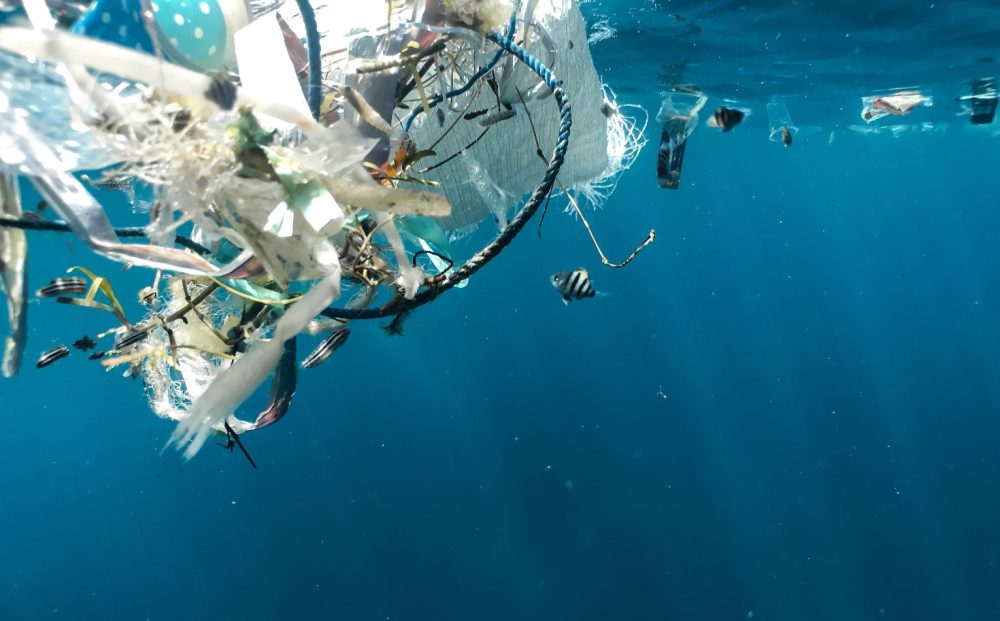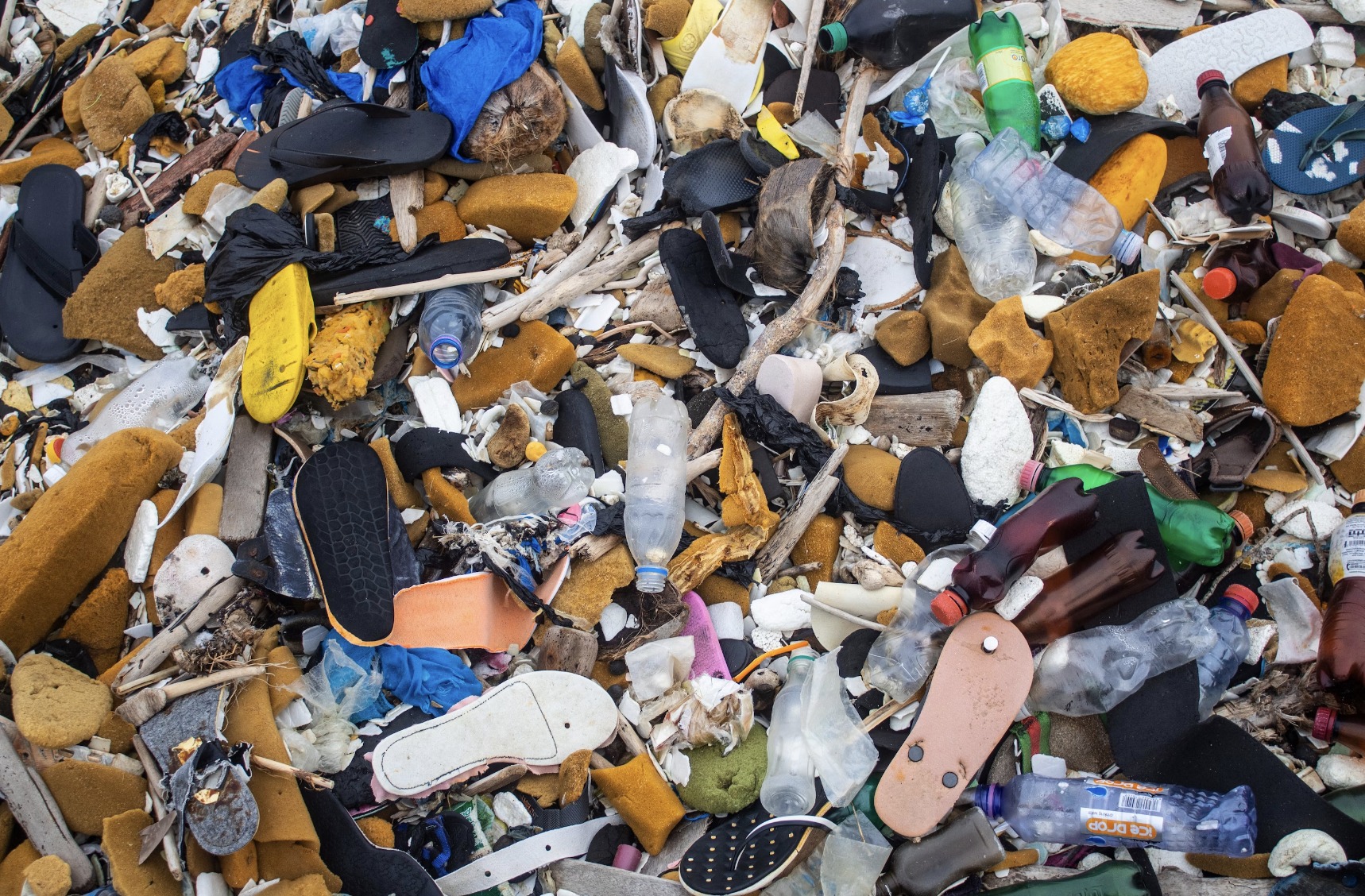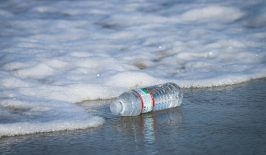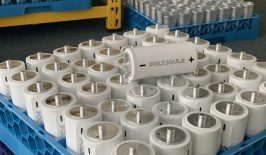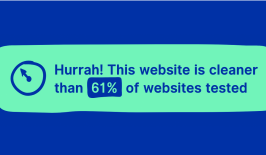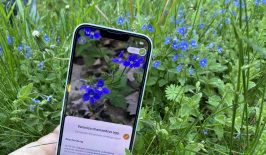Ghana generates a staggering 1.1 million tonnes of plastic waste annually, only 5 percent of which is collected and recycled. A significant amount ends up in aquatic ecosystems, and many countries don’t fare much better. Marine plastic pollution is a global crisis.
To address the problem, Ghana is working with researchers from the International Institute for Applied Systems Analysis (IIASA) to expand better waste management practices advanced by citizen science.
Plastic pollution is a complex, enigmatic problem
Plastic debris not only threatens marine ecosystems, wildlife and human health, but also economies driven by industries such as tourism and fishing. In 2022, the United Nations Environment Assembly took action by passing a resolution to address plastic pollution, and embedded the issue inits Sustainable Development Goals (SDGs).
Still, our planet’s oceans are too vast, and the movement of plastics is too complex, for traditional monitoring strategies to keep pace with the problem. Tools like WWF’s interactive marine plastic pollution map help but critical data gaps remain.
Leveraging citizen science to get a complete data picture
Citizen science can fill data gaps by engaging the public in scientific research, expanding data collection efforts, and increasing the availability of valuable information. This collaborative approach involves a diverse range of individuals, enhancing the comprehensiveness of datasets and accelerating data gathering.
The result is not only faster data collection but also deeper community involvement with a stronger awareness of important topics. Often utilising technology and online platforms, citizen science initiatives offer a cost-effective and scalable means to address data deficiencies across various fields, from getting a census on insects to identifying human rights violations.
As Dilek Fraisl, a researcher at IIASA, points out, “Citizen science is more than just plugging data gaps; it is a powerful bridge between the public, the world of science, and policy.”
How Ghana’s leading the way
Ghana’s innovative approach involved leveraging existing citizen science data and networks to address its data gap on a national scale, thereby contributing to global SDG monitoring and reporting. The impact was profound, going beyond mere data collection to actively shape policy decisions and foster awareness.
Ghana’s commitment to sustainable plastic waste management, coupled with a growing citizen science community, paved the way for citizen science to evolve into a force for positive environmental change. Through initiatives like the International Coastal Cleanup, standardised data collection methods were adopted across various community groups and organizations. Beach cleanups, for example, were able to more accurately target problem areas. Furthermore, the data converged into the Ocean Conservancy’s Trash Information Data for Education and Solutions (TIDES) database, the world’s largest repository of ocean trash data, aiding global monitoring efforts.
The case study’s ripple effect extended to the development of Ghana’s Integrated Coastal and Marine Management Policy. Government partners gained invaluable insights into citizen science methodologies and data, ultimately leading Ghana to become the first nation to use citizen science data to report on plastic debris density under SDG 14.1.1b.
A replicable, adaptable model
Ghana has demonstrated how citizen-generated data can inform policies and contribute to progress on global SDG monitoring.With the 2030 deadline for achieving the United Nations’ SDGs approaching, the role of citizen science initiatives becomes increasingly crucial. “They play a pivotal role in addressing data deficiencies and contribute to bolstering inclusive data ecosystems, informed decision-making, and concerted action,” Fraisl says.
Whether addressing issues like marine plastic litter or other indicators such as air pollution, Ghana’s experience provides valuable lessons and inspiration for countries looking to harness the power of citizen science.
